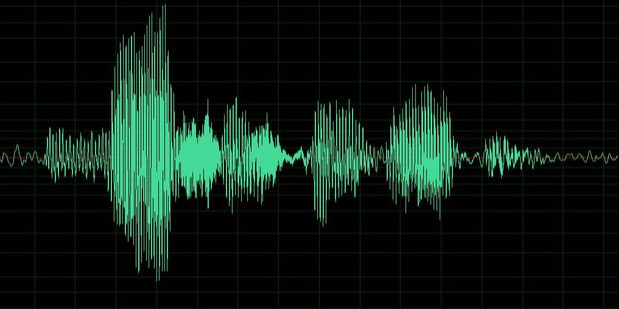Constructing Forensic Linguistic ‘Finger Prints’ for Human/Criminal Identification
This podcast discusses forensic linguistics, a technology that offers a new frontier in forensic evidence gathering – particularly in those cases where no other evidence is available to investigators. An example case is that of Theodore J. Kaczynski, the Unabomber: lack of fingerprints, hair samples, blood stains, DNA evidence, informants, eyewitnesses, or bomb part serial numbers resulted in a lack of clues as to the Unabomber’s identity. Ultimately, linguistic evidence provided much needed information that resulted in the capture and conviction of Kaczynski. Built on the strength of powerful conceptual and methodological breakthroughs in linguistics and other related interdisciplinary fields such as cognitive sciences and cultural anthropology, forensic linguists have developed the art and science of cracking criminal cases based on unconscious and conscious dimensions of language that may be used for individual or group identification.
Link to Podcast here: https://youtu.be/Uu63v5t2M5Q


